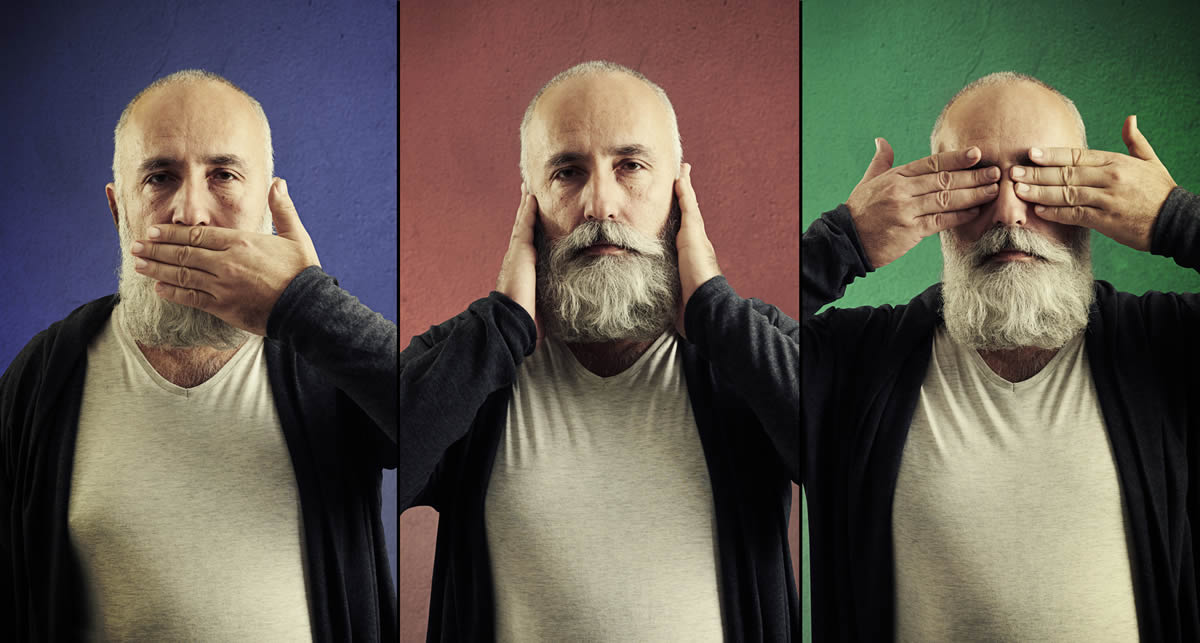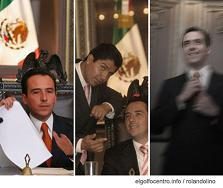 The term veto has a Latin root and directly refers a ban, a denial of something.
The term veto has a Latin root and directly refers a ban, a denial of something.
Prohibition of something, usually a law that was passed by Parliament
Generally it is employed by a party, an organization or authority, which has the right to unilaterally stop, prohibit, a certain norm, that is, with the veto you can stop any change made on a norm, although what cannot be done through the veto is to adopt some change.
In some international organizations, countries considered to be a power have the right of veto in order to be able to oppose a law or decision even if it has been approved by a majority.
On the other hand, it is widely used at the request of government management, especially in democratic systems where there is a division of powers and congress is in charge of discussing and promulgating current regulations.
Exclusive power of the Executive Power
In many countries, the president of the nation also has the power to veto any regulation or law once it has been approved and promulgated by the Legislative Power.
We must say that the veto is a power that is limited only to the Executive Power.
Examples of its application
For example, in USA, the president has the power to veto legislation that has already passed through Congress, although this right does not turn out to be absolute, because a qualified majority of two thirds of both chambers can still pass a law even weighing on it. a presidential veto, but if, on the contrary, the law has only a simple majority, the president's veto will be decisive.
Another country in which the president also has this power is the Argentina, one of the most emblematic examples in this sense that the country has recently experienced was the presidential veto of the so-called law of the 82% mobile that provided for the increase in pensions and that it was approved by both houses of the National Congress and that captured the attention of public opinion because with the veto of President Cristina Fernández de Kirchner A rule that benefited a good part of retirees was rendered ineffective, because if it was not vetoed, retirees and pensioners would start to collect a minimum retirement that should be no less than 82% with respect to the minimum living and mobile salary that workers charge. in activity.
An even closer application in this country of a veto that also caused a revolution in public opinion, was the veto of President Mauricio Macri of the so-called anti-layoff law, which was voted by Congress and which implied the impossibility of companies to dismiss employees for 180 days and also enabled the dismissed employee to demand double compensation.
Conditions and scope of the presidential veto
We must clarify that in these cases, the presidents of a country have this power to annul a law or project that was duly approved by the parliament or a state body, but it always implies the denial of a modification or something new, it never implies the possibility to push some of these issues.
With the presidential veto, the law or regulation voted on is absolutely prevented from being put into effect.
Meanwhile, the veto can be total, of the whole law or partial, that is, some parts are prohibited.
Normally the law imposes a period of time for the president to execute or not the veto of a law, which for example in the case of Argentina is 10 business days.
Its declaration is usually made through a decree or declaration that is correspondingly endorsed ministerially.
In the case of UN Security Council, who are the permanent members, Russia, China, United States, United Kingdom and France, they have the right of veto, which turns out to be absolute, because although the rest of the members have voted in favor of a law if one of the permanent members does so against it, it will be categorically rejected.
But the concept can be used in countless contexts in which you want to account for an opposition, a rejection, or the disagreement that exists about something or someone.
For example, in personal relationships: "my dad was blunt, he banned my new boyfriend for considering him very rude."
In a commercial context: "my partner vetoed the possibility of a new shareholder joining the company."









